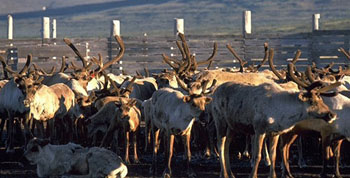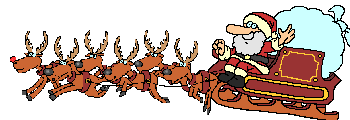|
I consider myself pretty far to the left-of-center on most social issues. Many of my views would severely tax Rush Limbaugh's efforts to avoid relapse and to remain clean of drugs. Nevertheless, he would surely pontificate over my views regarding feminism and readily brand me a Feminazi. My extreme Feminazi views include my belief that males have overtly and covertly discriminated against females for millennia. In addition, I believe that this inequity is both systematic and wrong. You can see why Rush would go ballistic over my views on feminism. While we all can list legions of examples of outward forms of discrimination in America and around the world, it is the more subtle forms of unfairness that are both difficult to see and therefore extremely hard to readdress. Seemingly, innocent vocabulary, which we use without giving it a thought, places men above women. Mankind is such a word. The use of that word carries the assumption that men are the sole arbiters of reality and existence. Man stands for men and women. We are slowly growing more sensitive and politically correct about some of these linguistic issues. For example, TIME Magazine no longer uses the gender-specific phrase, "Man of the Year." It is critical that we are not only politically correct with our vocabulary, but that we understand words matter in perpetuating males and females sexual stereotypes. Even though some of these examples of sexism fall below our conscious radar screens, we need to be vigilant to recognize them so that we can change them. You can imagine my interest when I heard that Rudolph the Red-Nosed Reindeer wasn't a male but rather a female. This sexist faux pas should be placed at the feet of Robert May. In 1939, Montgomery Ward executives wanted to publish a new book about the Christmas season and placed May in charge of the project. May's story had to do with the last moment addition of a reindeer with a red nose so bright that it could guide Santa's original eight-flying reindeer. May's version was a 20th century spin-off of Clement Moore's The Night Before Christmas. May merely assumed that Moore's original eight were males. Therefore, he made Rudolph a male reindeer.
Rush, I guess that I am a Feminazi...and I'm proud of it. Males can't truly be free unless females are also. Discrimination of any kind lessens and limits the person discriminated against, but it also lessens and limits the one that is doing it. Life is filled with limitations that arise naturally, like limitations on our health, jobs, relationships, and our dreams. We don't need to add to our already existing limitations discriminating against anyone for whatever reason. One final point about May's sexist mistake. He and the society in which he lived were so absorbed in maleness that they were blinded by what Moore's poem actually said. What was May thinking when he read the names of some of names of the other reindeer? Who in their right mind would call a male reindeer Vixen, Prancer, or Cupid? Now that we are cleaning up this sexist issue, Rudolph's name needs to be changed. Here are some suggestions:
"Now, Renee, you go girl."
|







 According
to Greg Finstad, the director of the Reindeer Research Program at the University
of Alaska, reindeer are unique in that both males and females have antlers. He
further notes that male reindeer use their antlers to impress others while
females use there antlers for finding food or protection. What intrigued me was
that males lose their antlers in the fall long before Christmas while their
female counterparts keep theirs until the spring. Therefore, it is clear that
Rudolph and the other eight rangifer tarandi (Latin for reindeer) were
females.
According
to Greg Finstad, the director of the Reindeer Research Program at the University
of Alaska, reindeer are unique in that both males and females have antlers. He
further notes that male reindeer use their antlers to impress others while
females use there antlers for finding food or protection. What intrigued me was
that males lose their antlers in the fall long before Christmas while their
female counterparts keep theirs until the spring. Therefore, it is clear that
Rudolph and the other eight rangifer tarandi (Latin for reindeer) were
females. 